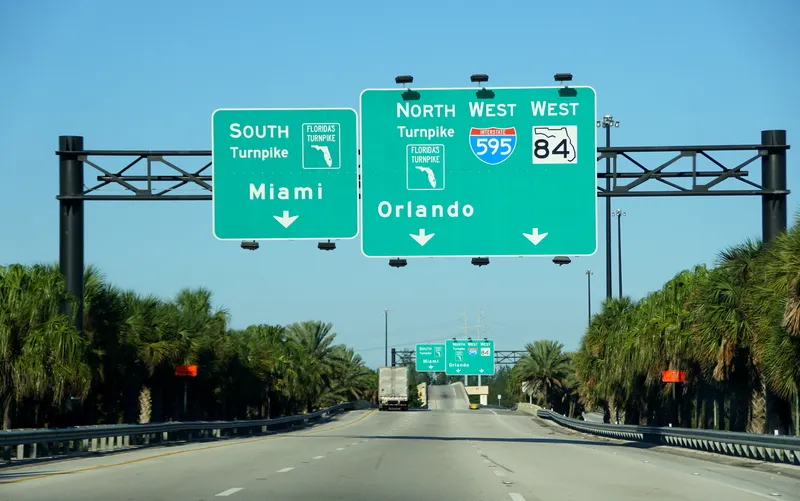Florida Highway Patrol (FHP) in the US has implemented a test message instant-alert system as part of the off-ramp detection system in place on 24 exits Expressway Authority-operated highways SR 408 and SR 417.
November 7, 2016
Read time: 1 min
Florida Highway Patrol (FHP) in the US has implemented a test message instant-alert system as part of the off-ramp detection system in place on 24 exits Expressway Authority-operated highways SR 408 and SR 417.
The detection system uses high-intensity flashing lights to warn drivers that they have entered the highway going the wrong way. If the driver continues onto the highway, cameras capture an image of the vehicle and alert law enforcement in order to dispatch patrols to the area.
All FHP supervisors and dispatchers now receive a text message within three seconds of the detection of a wrong-way driver, enabling them to monitor the cameras and dispatch a patrol more quickly.










